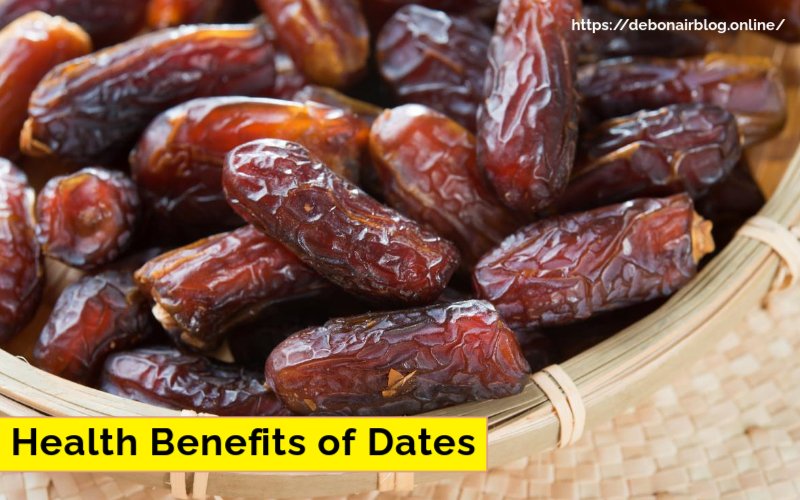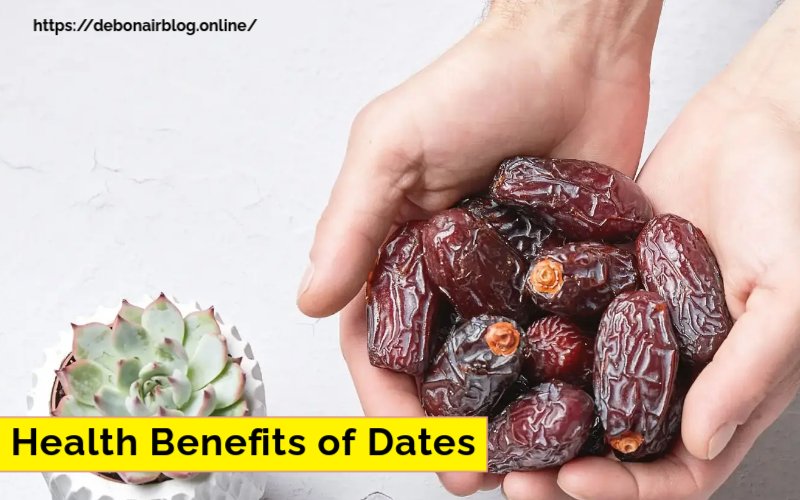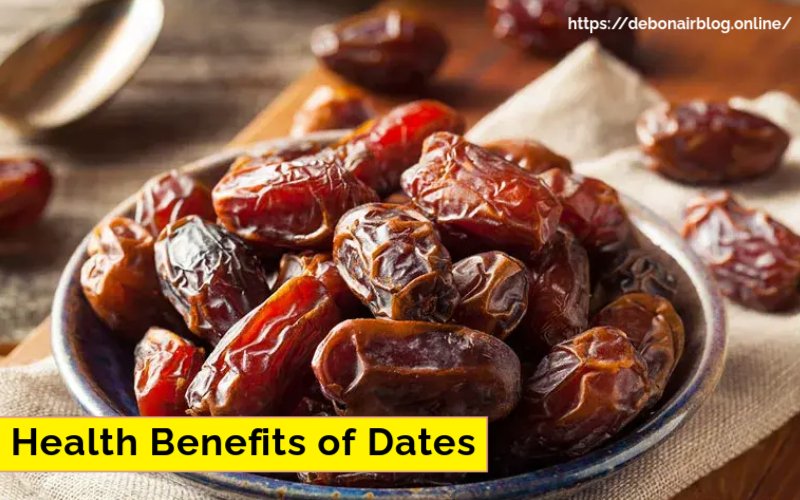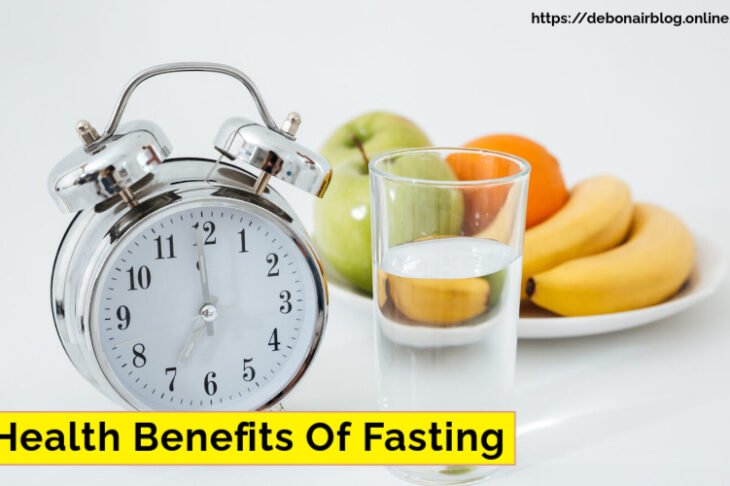
Unlock the Health Benefits of Dates in 2024: Nature’s Sweet Powerhouse
Table of Contents
Dates, often referred to as nature’s candy, are not just a delicious treat; they are packed with incredible health benefits and nutritional value. Originating from the date palm (Phoenix dactylifera), these fruits have been cultivated for thousands of years across the Middle East and North Africa.
In this article, we’ll explore the myriad benefits of dates, their nutritional profile, and how they can enhance your health in various ways.
The Rich History of Dates
Dates have a fascinating history that dates back to ancient civilizations. Archaeological evidence suggests that date cultivation began as early as 7000 BCE in regions like Mesopotamia and the Indus Valley. These fruits were not only a staple food but also held cultural significance in many societies.
For instance, in Islamic tradition, dates are consumed to break fast during Ramadan, symbolizing nourishment and gratitude.
Today, dates are cultivated in many parts of the world, including California and Mexico. The two most popular varieties are Medjool and Deglet Noor, each offering unique flavors and textures. Medjool dates are known for their large size and caramel-like sweetness, while Deglet Noor dates are semi-dry with a delicate flavor.
Nutritional Value of Dates
When it comes to nutritional value, dates really stand out. They are packed with natural sugars—mainly glucose and fructose—making them a fantastic energy booster. Just a handful of dates can offer a quick energy source for athletes or anyone needing a little lift during the day.
Besides their sugar content, dates are also high in dietary fiber, which is crucial for digestive health. A 100-gram serving of dates provides around 8 grams of dietary fiber, aiding in regulating bowel movements and preventing constipation. This makes dates a great option for those looking to enhance their digestive health.
Health Benefits of Dates
Dates for Digestion
One of the key advantages of dates is their beneficial effect on digestion. The fiber content in dates aids in maintaining healthy gut function by encouraging regular bowel movements. This is especially helpful for those dealing with constipation or other digestive problems.
Additionally, the natural sugars present in dates can act as a prebiotic, nourishing the beneficial bacteria in your gut. This can result in better overall gut health, improving nutrient absorption and strengthening your immune system.If you are interested in gut health you may like read about Yogurt vs Curd
Dates for Heart Health

Heart health is another area where dates shine. Rich in potassium and low in sodium, dates can help regulate blood pressure levels. Potassium is crucial for maintaining healthy heart function and can reduce the risk of hypertension.
Additionally, the antioxidants present in dates play a significant role in heart health by combating oxidative stress and inflammation. Regular consumption of dates may lower cholesterol levels and reduce the risk of heart disease.
Dates and Energy
Feeling sluggish? Reach for some dates! Their high sugar content provides an instant energy boost without the crash associated with processed sugars. Athletes often include dates in their diets as a quick source of fuel before or after workouts.
The combination of natural sugars and dietary fiber ensures that this energy release is steady rather than sudden, making dates an ideal snack for sustained energy throughout the day.
Dates for Weight Loss
If you’re looking to shed some pounds, incorporating dates into your diet might be beneficial. While they are calorie-dense due to their sugar content, their high fiber content helps you feel full longer. This can reduce overall calorie intake by curbing hunger pangs between meals.
Moreover, using dates as a natural sweetener in recipes can help you cut down on refined sugars without sacrificing flavor. Try blending them into smoothies or using them in baking!
Dates and Blood Sugar
Contrary to what you might think about sugary foods, dates have a relatively low glycemic index (GI). This means they don’t cause rapid spikes in blood sugar levels when consumed in moderation. The fiber content also aids in stabilizing blood sugar levels by slowing down digestion.
For individuals with diabetes or those monitoring their blood sugar levels, enjoying a few dates as part of a balanced meal can be a smart choice.
Antioxidant Properties of Dates
Dates are loaded with antioxidants that help protect your body from free radicals—unstable molecules that can cause cellular damage leading to chronic diseases. The primary antioxidants found in dates include flavonoids, carotenoids, and phenolic acid.
These compounds contribute to reducing inflammation and may lower the risk of conditions such as heart disease and cancer. Incorporating antioxidant-rich foods like dates or apples into your diet is an excellent way to bolster your overall health.
Dates for Bone Health
Did you know that dates can also support bone health? They contain essential minerals such as calcium, magnesium, phosphorus, and potassium—all vital for maintaining strong bones and preventing osteoporosis.
Regular consumption of these nutrient-rich fruits may contribute to better bone density over time. So if you’re looking to strengthen your bones naturally, consider adding some delicious dates to your meals!
Creative Ways to Enjoy Dates
Snacking Smartly
One of the simplest ways to enjoy dates is as a snack on their own. Their natural sweetness makes them perfect for satisfying cravings without reaching for processed sweets. Pair them with nuts or yogurt for added protein and healthy fats.
Baking with Dates
Dates can be used creatively in baking too! Whether blended into smoothies or chopped up in baked goods like muffins or energy bars, they add moisture and sweetness without refined sugars. You can even make date paste by blending pitted dates with water—an excellent natural sweetener for various recipes.
Savory Dishes
Don’t limit yourself! Dates can also enhance savory dishes like salads or tagines by adding a touch of sweetness that balances flavors beautifully. Try adding chopped dates to grain salads or using them as a topping on roasted vegetables.
Real-Time Case Study: The Power of Dates

Let’s take a look at Sarah’s journey with incorporating dates into her diet. Sarah was struggling with low energy levels throughout her busy workdays and often reached for sugary snacks that left her feeling drained afterward.
After learning about the health benefits of dates, she decided to swap her usual snacks for Medjool dates instead. She found that not only did they satisfy her sweet tooth but also provided sustained energy without the crash she experienced before.
Within weeks, Sarah noticed significant improvements not just in her energy levels but also in her digestion—she felt lighter and more energized throughout her day! Inspired by her success, she began experimenting with date-based recipes at home, discovering how versatile these fruits could be.
FAQs About Dates
1. What are the main types of dates?
The most common types include Medjool (soft) and Deglet Noor (semi-dry). Each has unique flavors and textures suitable for various dishes.
2. Are dates good for weight loss?
Yes! While calorie-dense, their high fiber content helps keep you full longer, making them a great snack option when trying to lose weight.
3. Can I eat too many dates?
Moderation is key! While they are healthy, consuming too many can lead to excess calorie intake due to their sugar content.
4. How do I store fresh dates?
Store fresh dates in an airtight container at room temperature or refrigerate them to extend their shelf life.
5. Do dates have any allergens?
Dates are generally allergen-friendly but always check packaging if you have specific allergies or sensitivities.
6. Can I use date syrup instead of sugar?
Absolutely! Date syrup is a fantastic natural sweetener that can replace refined sugars in many recipes.
7. Are there any side effects from eating too many dates?
Excessive consumption may lead to digestive discomfort due to high fiber content; moderation is advisable.
8. How do I incorporate more dates into my diet?
Try adding them to smoothies, salads, baked goods, or simply enjoy them as snacks!
9. Do all varieties of dates have similar health benefits?
Yes! While different varieties may vary slightly in taste and texture, they all offer similar health benefits due to their nutrient profiles.
10. Are dried dates healthier than fresh ones?
Both forms have health benefits; however, dried dates contain more concentrated sugars due to moisture loss during drying.
11. Can I eat date seeds?
While not typically consumed whole due to their hardness, ground date seeds can be used as additives or supplements.
12. How do I know if my dates are fresh?
Fresh dates should be plump with no signs of excessive dryness or mold; they should feel soft yet firm when squeezed gently.
Conclusion: Embrace the Sweetness
In conclusion, incorporating dates into your diet opens up a world filled with health benefits, delicious flavors, and versatile uses that cater to various culinary preferences. Whether you’re snacking on Medjool varieties or exploring recipes featuring Deglet Noor, these fruits offer something special for everyone.
So why not unlock the power of dates, nature’s sweet powerhouse? With their impressive nutritional value, delightful taste, and numerous health benefits, it’s time we all embrace this ancient fruit—one delicious bite at a time!

